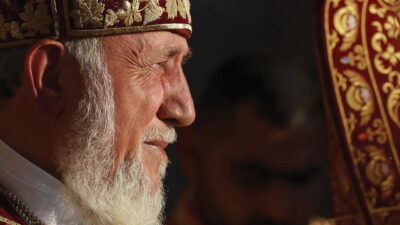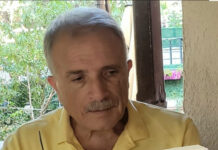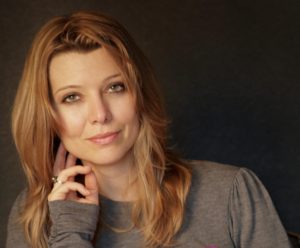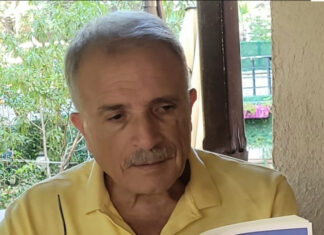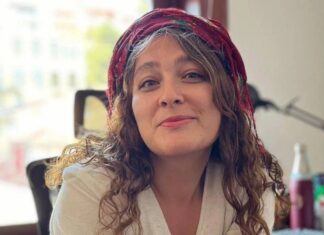By Elif Shafak
Amid the political turmoil in Turkey this week, culminating in the prime minister’s announcement that he’ll stand down within days, it was Oscar Wilde who became the subject of a heated debate in the Turkish parliament. A member of the pro-Kurdish Peoples’ Democratic Party (HDP) said he wanted to quote a line from Wilde. A deputy from the ruling AKP party objected to the idea of citing someone who was neither Muslim nor Turkish. “Do you not have any examples from this culture, this civilisation?” Yet another AKP member confused the Irish author with the Oscars, to which a female HDP deputy, Burcu Özkan protested: “It’s Oscar Wilde. He is not an award, he is a man!”
When they are not debating Wilde, MPs are busy exchanging blows. During a discussion to strip them of their immunity — a deliberate amendment that might lead to the trial and incarceration of Kurdish MPs — Garo Paylan, an Armenian deputy, was kicked, punched and subjected to hate speech by several AKP members. Paylan said: “What they can’t digest is this: a person of Armenian identity reveals their lies and stands upright.”
It is hard to be an Armenian in Turkey. Or a Kurd, or an Alevi, or gay, or a conscientious objector, or a Jew, or a woman, or someone who just doesn’t agree with what is happening in the country. If you happen to tick more than one box, life is even harder. The list goes on and on. Diversity has been stifled. Freedom of speech has been abandoned. An “ideology of sameness” dominates the land. That ideology is shaped by Turkish nationalism, Islamism and authoritarianism blended with machismo and patriarchy. The tension in politics penetrates all aspects of daily life.
Turkey is no longer simply politically polarised. It is now bitterly divided into two planets: those who support and will continue to support the president, Recep Tayyip Erdogan, no matter what; and those who are, for a variety of reasons, against him. The president, who is theoretically above political parties and strictly neutral, is in truth, anything but. Erdogan is the most divisive politician in Turkey’s modern political history.
A full, unconditional obedience to the leader is expected from AKP members. There isn’t even the slightest trace of inner-party democracy. Prime Minister Ahmet Davutoglu’s announcement surprised everyone. He said his resignation was not a choice, but rather “a necessity.” It is no secret that his successor will be someone fully approved and controlled by Erdogan, who will even further consolidate his power. Eventually, Erdogan wants to change Turkey into a presidential regime with a monopoly of power.
